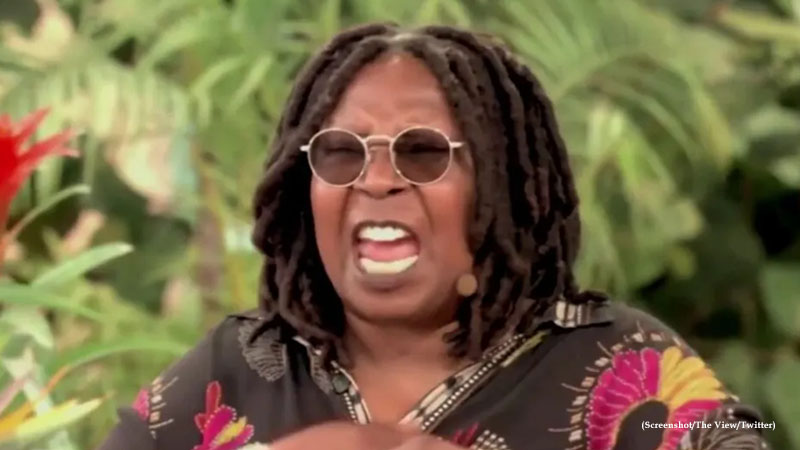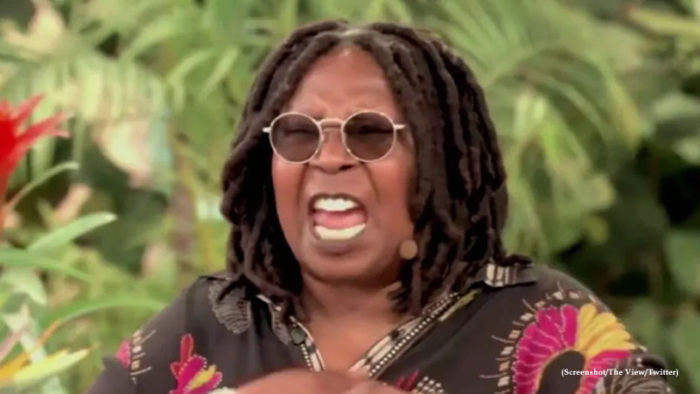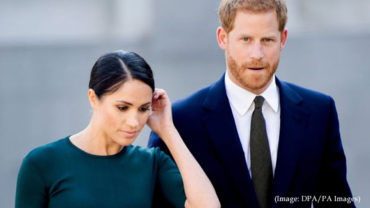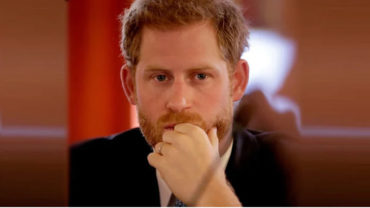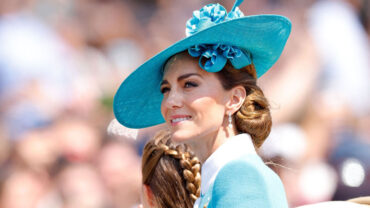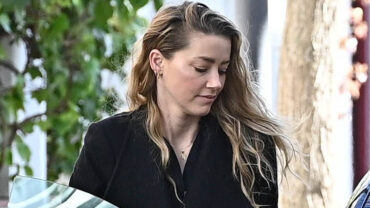“You better hope that they don’t come for you, Clarence, and say you should not be married to your wife, who happens to be white, because they will move back,” Goldberg said on Monday’s episode of The View. “And you better hope that nobody says, you know, well, you’re not in the Constitution. You’re back to being a quarter of a person.”
Thomas, who is regarded as the most conservative member of the high court, joined the majority judgment that overturned the landmark Roe decision from 1973, which established the right to an abortion as a constitutional right, as per Independent.
The 74-year-old justice received a lot of criticism for his concurring opinion, in which he stated that the court has “a duty to ‘correct the error’ established in those precedents” and noted he would be willing to revisit the Obergefell v. Hodges ruling that legalized same-sex marriage in the United States.
https://www.youtube.com/watch?v=ZPYCnXrdVfA
“You better hope that they don’t come for you, Clarence,” Whoopi Goldberg warned Justice Clarence Thomas on “The View.” Above, Goldberg speaks onstage at Lincoln Center Theater on November 29, 2018, in New York City.
While Loving v. Virginia was determined on the same grounds as Obergerfell, many have charged Thomas with holding a hypocritical attitude because he has not spoken out in favor of overturning the 1967 ruling that found laws prohibiting interracial marriage to be unconstitutional.
In 1987, Thomas tied the knot with his right-wing activist wife. Following the release of texts showing his wife pleading with Mark Meadows, the former White House top of the staff, to challenge the election results, the justice has now come under pressure to stand down from any matters involving the Capitol riot and the 2020 presidential election.
Goldberg isn’t the only notable figure to slam Thomas for staying mum on Loving. Actor Samuel L. Jackson tweeted on Friday, “How’s Uncle Clarence feeling about Overturning Loving v Virginia??!!”
Jim Obergefell, the lead plaintiff in the 2015 Supreme Court ruling, also spoke out against Thomas, saying that he failed to mention Loving because it “affects him personally.”
“That affects him personally, but he doesn’t care about the LGBTQ+ community,” Obergefell told MSNBC‘s The Reid Out on Friday. “He is opposed to our equality. He is opposed to our ability to actually be a part of ‘we the people.'”
“For Justice Thomas to completely omit Loving v. Virginia, in my mind, is quite telling,” he added.
The equal protection and due process clauses guaranteed by the Fourteenth Amendment of the United States Constitution were at issue in both Loving and Obergfell.
After Mildred Loving, a woman of color, and her husband Richard Loving, a white man, appealed their convictions in Virginia for getting married to each other, the court made a majority ruling in Loving that ended all racial-based legal restrictions on marriage across the country. Due to the fact that Virginia’s law was entirely based on “distinctions drawn according to race,” the justices ruled that Virginia had violated the equal protection clause.
Similarly, in Obergerfell, the court decided in a 5-4 ruling that the due process clause would “extend to certain personal choices central to individual dignity and autonomy, including intimate choices that define personal identity and beliefs.”
Citing Loving and other decisions, Justice Anthony Kennedy wrote in the majority opinion that for the petitioners in Obergerfell, “Their plea is that they do respect [marriage], respect it so deeply that they seek to find its fulfillment for themselves.”
“Their hope is not to be condemned to live in loneliness, excluded from one of civilization’s oldest institutions. They ask for equal dignity in the eyes of the law. The Constitution grants them that right,” Kennedy concluded.

